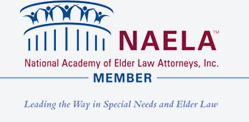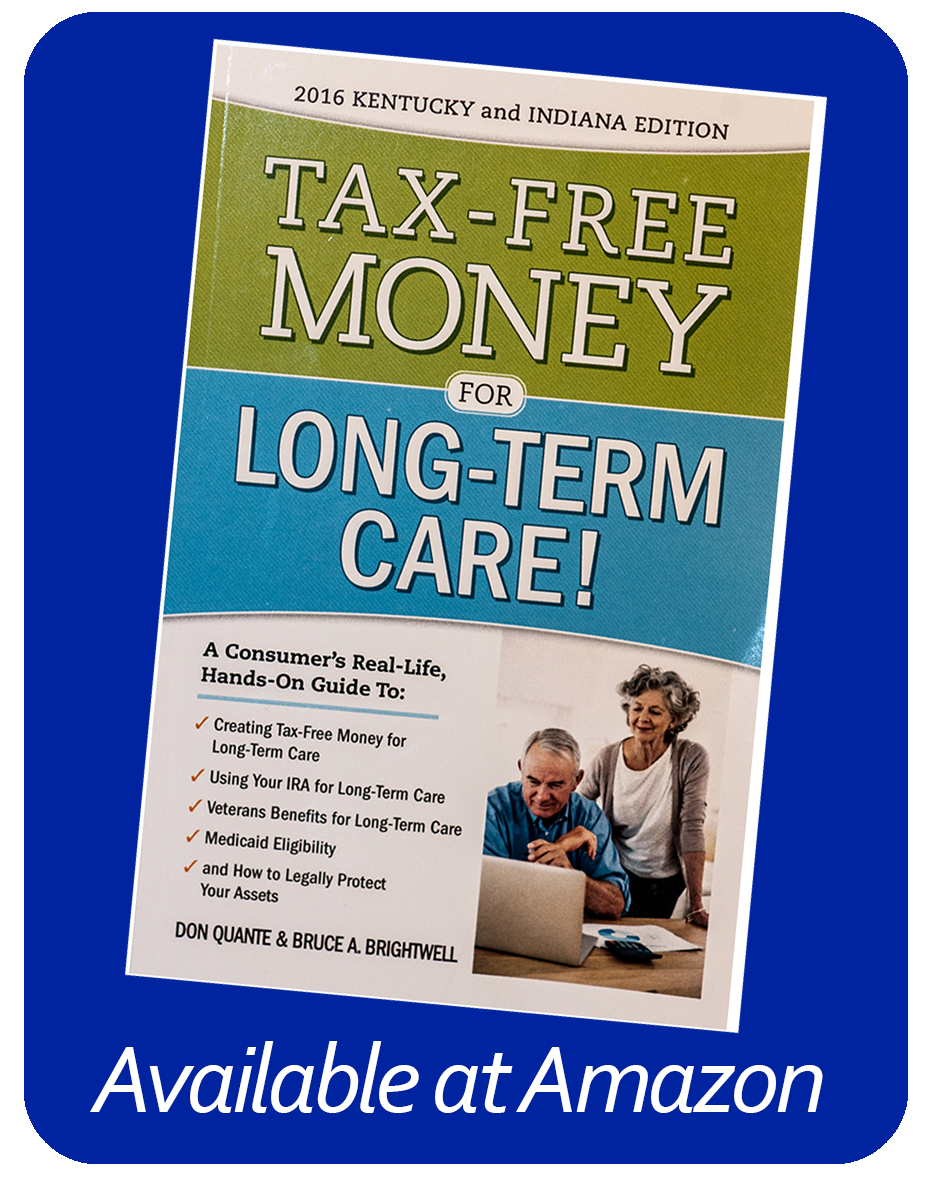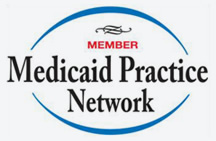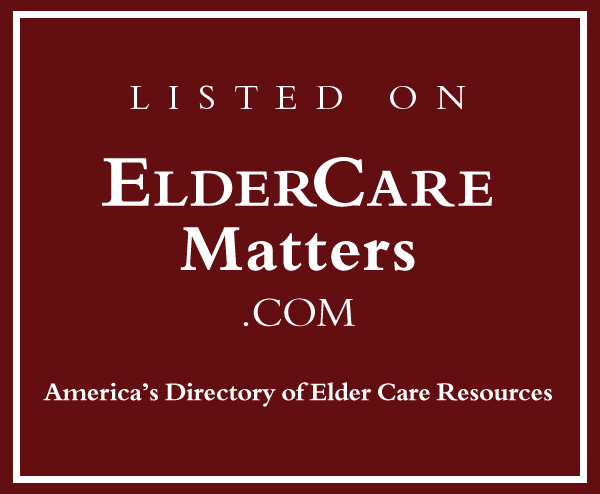Donating One’s Body to Science
A dead human body is usually disposed of by burial or cremation. One alternative that benefits people outside of the funeral industry is to donate one’s dead body to science. Donation to science (also know as donation to medical science) is turning over a dead body to doctors, medical students, and/or other scientists for use in their studies. The charitable goal is the advancement of science. Donation to science is usually to a medical school. The most common use of a dead body by a medical school is to teach human anatomy to the next generation of doctors and other medical professionals.
Many private insurance companies sell coverage to supplement Medicare coverage. Two basic types of coverage are available: Medigap policies and Medicare SELECT.
What Do Medigap Policies Cover?
Medigap insurance policies are designed to fill in the gaps in Medicare coverage, including patient deductibles and copayments. Medigap policies are highly regulated by both federal and state law.
When an individual has purchased a Medigap insurance policy to supplement Medicare coverage, how medical bills are paid depends upon two factors: whether the medical provider accepts Medicare and whether the individual has arranged for his or her Medigap insurance company to send claims directly to Medicare.
Federal laws impose restrictions on how and to whom Medigap policies are sold, as well as how payments are made.
PENALTIES FOR TRANSFERRING ASSETS BY MEDICAID RECIPIENTS
A BASIC OVERVIEW
Most states limit the income a nursing home resident can receive before she is eligible for Medicaid benefits. This limit is usually below the costs of nursing home care. Many residents find themselves in the position of having too much income to qualify for Medicaid but not enough income to pay for the costs of care. Many residents will not have done any advance Medicaid planning and may get into trouble when they attempt to transfer income and assets to meet the eligibility requirements.
A long-term illness or an injury with a long recuperation period can have devastating effects on one’s ability to remain financially independent. One way to guard against this is to secure long-term disability income insurance. This type of insurance provides payments to workers who are unable to work due to serious illnesses or injuries.
When a nursing home resident who has received Medicaid benefits dies, the state’s Medicaid agency may attempt to recover unpaid Medicaid nursing home expenses from the resident’s estate. While there are federal laws and regulations governing recovery from a Medicaid recipient’s estate, each state is allowed to establish its own recovery guidelines. For example, a state may elect to restrict recovery to estate assets as defined under the state’s probate laws and codes. If so, the estate generally includes include all of the resident’s real and personal property that passes by will or by the state’s intestate succession laws. The State may also expand its definition of “estate” to include other assets such as unused burial funds, other cash, joint ownership interests, annuities, and trusts.
A recent study suggests that staying healthy overall can help reduce the risks of dementia. Continue reading
One way to protect some of your assets from Medicaid if you have to go into a nursing home is to use a pre-paid funeral trust. Continue reading
“Where is Dad’s will?”, is one of the most common questions heirs have after someone’s death. That is why it is so important to make sure that your heirs have a copy of the will as part of your estate planning. Continue reading
Cyber Monday is upon us. And while great bargains can be found, senior citizens need to be careful online. Continue reading






